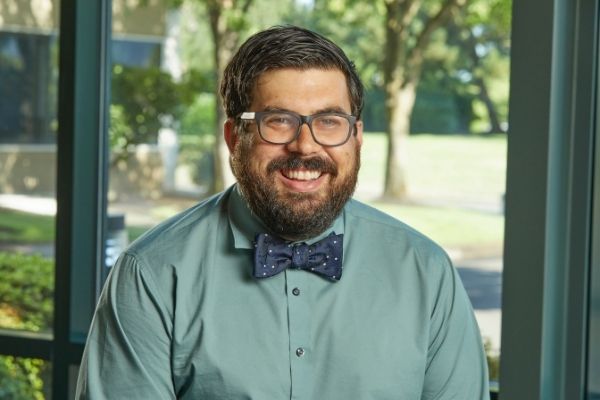Author:
Lei Deng, MD
PGY-6 Fellow Of Hematology/Oncology – Roswell Park Comprehensive Cancer Center, Buffalo, NY.
Incoming Assistant Professor At UW/Fred Hutch, Seattle, WA
Live report from ASCO23, Chicago, IL
June 4, 2023
Overall survival analysis from the ADAURA trial of adjuvant osimertinib in patients with resected EGFR‑mutated (EGFRm) stage IB–IIIA non-small cell lung cancer (NSCLC).
Key points:
- In phase 3 ADAURA trial, resected stage IB-IIIA NSCLC (AJCC 7th edition) with classic EGFR mutations received adjuvant osimertinib or placebo for up to 3 years
- Updated results presented at 2023 ASCO showed improved 5-year OS rate: 88% vs. 78% (HR 0.49, 95% CI 0.34-0.70). Well separated OS curves at 5-year
- Similar benefit among stages, chemo use, but less in L858R mutation
- 54% of placebo arm patients received subsequent therapy, of whom 88% received EGFR-TKI, 43% had osimertinib.
- New questions that need be addressed in the future are 1) Benefit of longer duration of osimertinib; 2) Neoadj vs. adj osimertinib
Adjuvant osimertinib for up to 3 years was approved by FDA for resected stage IB – IIIA non-small cell lung (NSCLC) patients with EGFR exon 19 deletions or L858R mutations in 2020 based on statistically significant and clinically meaningful disease-free survival (DFS) benefit reported in ADAURA trial1. However, it remains unknown whether adjuvant osimertinib results in overall survival (OS) benefit and if yes, what the magnitude would be. OS is a key secondary endpoint of this clinical trial.
OS results of phase III trial ADAURA was presented at 2023 Annual Meeting of ASCO in Chicago2. The study enrolled patients with resected stage IB-IIIA NSCLC (AJCC 7th edition) with classic EGFR mutations. Patients who did not receive adjuvant chemotherapy were also allowed. Patients received either osimertinib or placebo for up to 3 years. The 5-year OS rate was 88% vs. 78% (HR 0.49, 95% CI 0.34-0.70) in the whole population. Among patients with stage II-IIIA disease, the 5-year OS rate was 85% vs. 73% (HR 0.49, 95% CI 0.33, 0.73). Of note, 54% of placebo arm patients received subsequent therapy, of whom 88% received EGFR-TKI, while 43% had osimertinib. It is important to note that no clear trend of convergence was seen even at 5 year. Patients had similar benefits among subgroups of stages, chemotherapy use, but slightly less in L858 mutants.
In the future, it would be important to know the impact of longer osimertinib duration on survival. Additionally, NEOADAURA, a trial of neoadjuvant osimertinib has completed accrual, raising the question of starting osimertinib before or after surgery.
- Wu YL, Tsuboi M, He J, et al. Osimertinib in Resected EGFR-Mutated Non-Small-Cell Lung Cancer. N Engl J Med 2020;383:1711-1723.
- Herbst et al. Overall survival analysis from the ADAURA trial of adjuvant osimertinib in patients with resected EGFR‑mutated (EGFRm) stage IB–IIIA non-small cell lung cancer (NSCLC). Presented at 2023 ASCO, Chicago, June 2-6, 2023.






